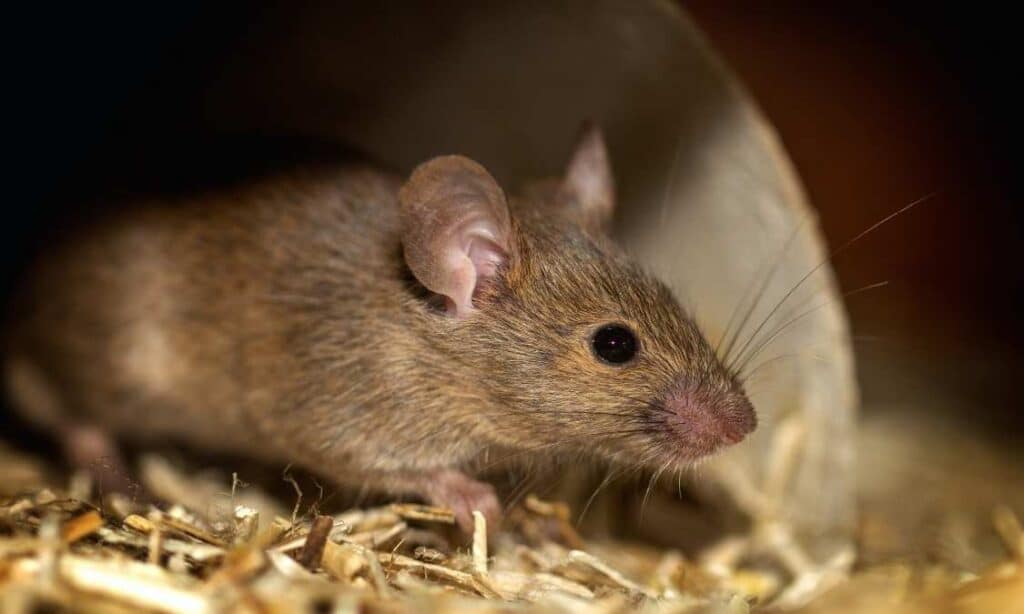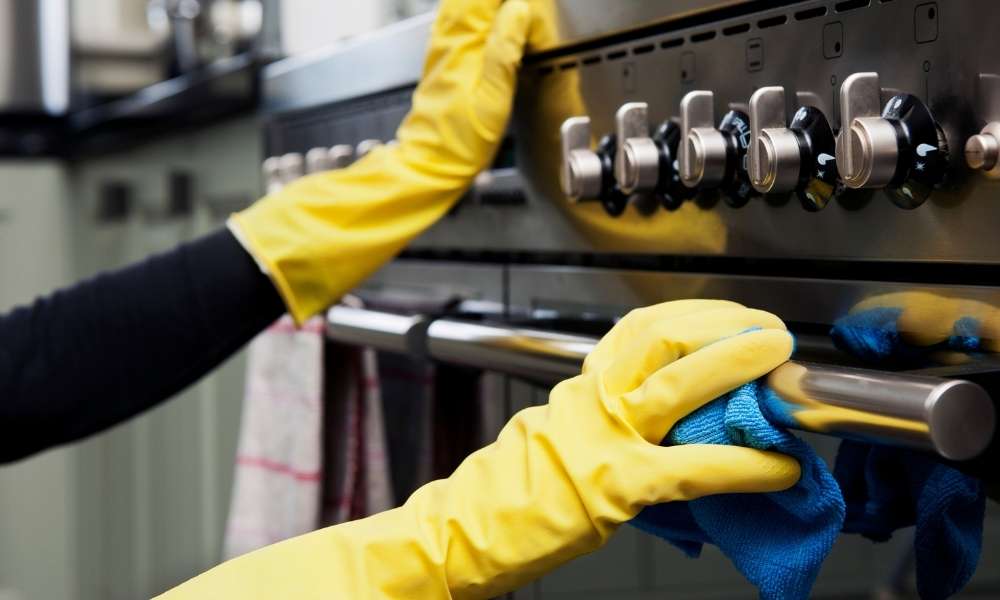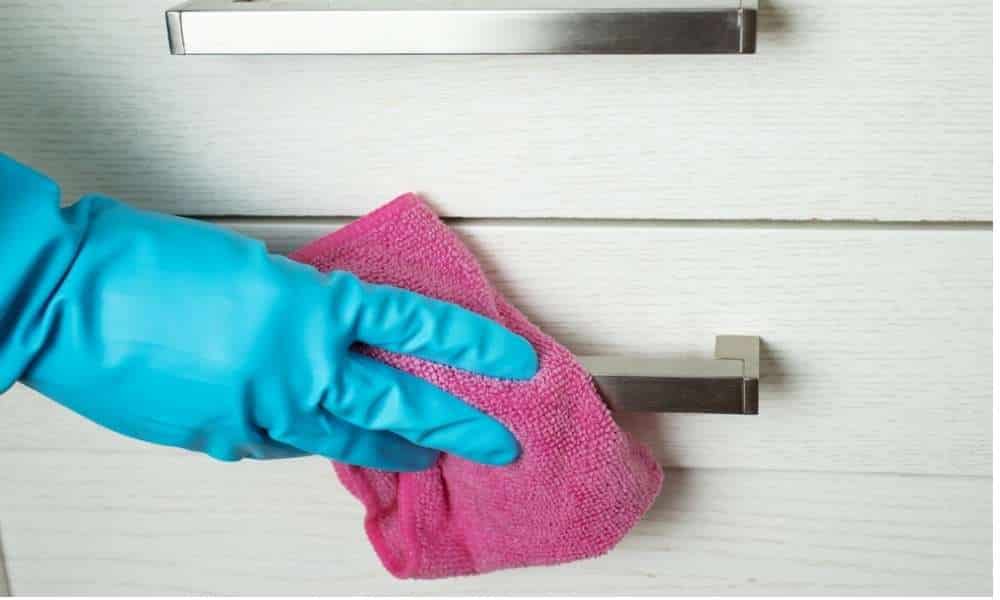We usually see mice as small, shy animals running around in the shadows until one of them bites you. This is an undesirable scenario that can cause concerns. If you have been the victim of a mouse bite, it is only normal to be worried, but relax—you are in excellent hands. This article will go over all you need to know about the risks of mouse bites and, more importantly, what to do if one of these bothersome rodents pierces its small teeth into your skin. In this article, we’ll Are Discuss re Mouse Bites Dangerous and What To Do When Bitten?
Although they are little, mice can carry diseases, so even if their bite is hardly serious, it should never be ignored. Practically, you must be aware of the dangers and act fast. Let’s, therefore, explore whether a mouse bite is serious, what quick actions you should take, and—for peace of mind—how mice removal services can guarantee that this never happens once more.
The Immediate Danger of Mouse Bites
Usually, a mouse bites because they feel threatened. Although their bites are not usually deep, any bite that pierces the skin might lead to issues. Infection is the greatest immediate problem since their mouths might contain germs that might cause various health problems or skin infections. In some cases, the bite may transmit germs from Staphylococcus and Streptococcus, which would cause local warmth, redness, and swelling.
Certain times, more severe diseases like tetanus or rat-bite fever—yes, despite the name—can come from mice. Streptobacillus moniliformis bacteria cause rat-bite fever, which could lead to fever, vomiting, and joint pain for days or even weeks following the bite. Although this is somewhat rare, you do not want such problems.
Fortunately, mouse bites often do not transmit rabies, unlike some other animals, so you can usually mark it off your worry list. You should, however, seek medical help if you are unsure whether the mouse has come into touch with other rabid animals or if it is behaving oddly.
What to Do Right After Being Bitten
First of all, try not to panic. Though uncomfortable, most mouse bites are treatable if you act quickly. This is a detailed walk-through guide on what to do right away following a mouse bite:
- Carefully clean the cut: Cleaning the area with soap and warm water always forms the first barrier of protection. This lowers the chance of infection and helps to eliminate microorganisms.
- Use antiseptics: Clean, then cover the area with an antiseptic cream. This gives still another degree of defence against infection.
- Cover the bitten area. Wrap the bite with a sterile bandage. Keeping the wound covered will help it heal faster and minimise the likelihood of dirt or bacteria getting in, even if its appearance seems minor.
- Look for indications of infection: Check out the biting site for several days after the infection. You should visit a doctor if you develop a fever or observe more redness, swelling, or pus.
- See a doctor for guidance. See a healthcare worker always whether the bite is deep or if you are doubtful. They can evaluate your need for further therapy, a tetanus booster, or antibiotics.
Long-Term Risks of Ignoring a Mouse Bite
Let us now discuss what occurs if you choose to ignore the preceding procedures or consider the bite a small disturbance. Ignoring a mouse bite could cause more than simply finger soreness. Untreated infections often get worse with time. For instance, untreated without antibiotics, cellulitis—an infection of the skin and deeper—can spread quickly.
Moreover, although rare, untreated bites can result in major complications. Including Streptobacillary rat-bite fever, which can cause symptoms such as fever, chills, muscular pains, and vomiting. Under extreme circumstances, untreated, this disorder could cause brain or heart problems.
Additionally, you might be exposed to hantavirus, especially if you have been bitten by a deer mouse. Which is more common in rural settings. Although hantavirus is usually transmitted via breathing particles from mouse droppings or urine, bites are not totally off the transmission list. Flu-like symptoms caused by this virus can lead to respiratory problems. Once more, this is unusual but stresses the need to be cautious about your health after a mouse bite.
Why Prevention Is the Best Solution
Therefore, even if knowing how to treat a mouse bite is important, wouldn’t it be better to prevent getting bitten first-hand? Services for removing mice might help you to accomplish exactly that. Especially when you handle disease-carrying pests, prevention is always preferable to treatment.
Professional mice removal is about reaching the core of the issue rather than only about poisoning or traps. Finding their way into homes through the smallest of openings is a skill possessed by mice. Hence, it is imperative to discover and shut access points. Once inside, they multiply rapidly. So, acting fast is absolutely crucial.
Mice removal professionals will inspect your house not only to see where the mice are but also to check how they are entering. They can provide long-term solutions, including rodent-proofing your residence, guidance on correct sanitation, and humane yet successful trapping methods.
When Should You Call Mice Removal Services?
Sometimes, homemade solutions like mousetraps or repellents provide just temporary solutions. The mice could disappear for a while. But if there is one thing we know about these rodents, it is that they will return until you deal with the problem squarely. Here is when you should call in experts:
- Multiple mice detection: If you find mice often, particularly during the day, it is suspicious. Usually, mice are nocturnal. So, the daytime activity could point to a major infestation.
- Signs of droppings or gnawing: Sure indicators that mice are making themselves at home are tiny droppings, gnawed food packages, or even chewed cables.
- Mice are well-known for making odd noises in walls, particularly at night—scurrying or scratching sounds. If your tranquil evenings often are disrupted, mice might be the offenders.
- Mice can leave behind a musky odour, particularly in cases of an infestation for some time. Their droppings and urine produce a unique scent that is difficult to ignore.
Especially if you have already experienced a bite, calling a professional mouse removal company can save not only time but also certain health hazards.
The Psychological Impact of Having Mice at Home
Beyond the obvious issues, let’s not neglect the tension and anxiety resulting from knowing mice are running around your house. Your peace of mind could suffer when you consider a mouse bite hiding around the corner or food that has been chewed upon. Sharing your house with rodents has an unpleasant effect, and over time, this discomfort might escalate.
Families with children should find it especially alarming. An additional layer of concern is the possible health hazards and the continuous awareness to protect little children from getting in touch with mice. Professional mice removal provides not only a physical solution. But also peace of mind since it guarantees once more a safe and clean environment in your house.
Wrapping It Up
Though it’s not something to dismiss, a mouse bite won’t cause you to spiral into anxiety, either. Cleaning the bitten area, seeking medical assistance if necessary, and monitoring any symptoms allow you to handle the problem properly. Beyond first aid, though, the best way to control mouse bite probability is to entirely prevent mice from entering your property.
Professional mice removal services help you regain peace of mind, safeguard your house from any infestations, and reduce the possibility of future bites. Nobody, after all, wants to live in constant worry about a little but perhaps harmful bug.





